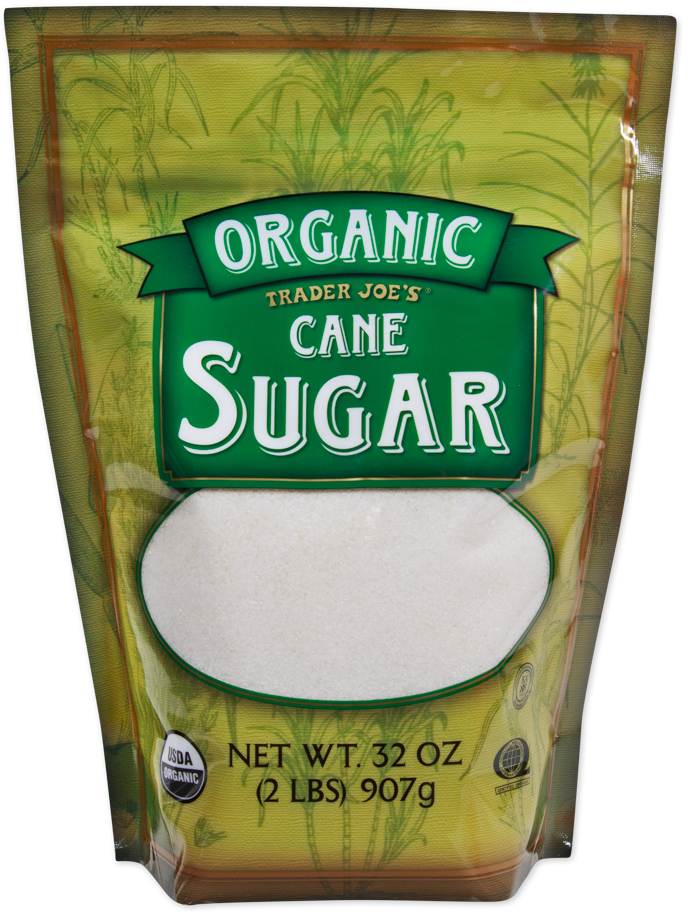A Comprehensive Review of the Health and Economic Ramifications of Walking Stick Sugar Processing on Neighborhood Areas
Walking cane sugar processing plays a crucial role fit the financial landscape of local communities, supplying employment possibility and promoting secondary markets. Nevertheless, the health and wellness implications connected with high sugar intake can not be ignored, as they add to increasing rates of excessive weight and diabetes. This nuanced dynamic invites a crucial examination of exactly how communities can maximize economic gains while addressing the pressing health challenges they encounter. The expedition of instructional campaigns and sustainable practices might simply hold the key to resolving these contrasting interests. What techniques might areas apply to accomplish this equilibrium?
Economic Benefits of Walking Cane Sugar Processing
Walking cane sugar processing provides substantial financial benefits that extend beyond the instant agricultural market. The farming and handling of sugarcane develop numerous task possibilities, from farming to production and circulation. This work generation not just sustains local economic climates yet additionally fosters community advancement by giving steady earnings resources for family members.
Furthermore, the sugar market boosts supplementary services, including transport, equipment supply, and packaging solutions (Cane Sugar Processing). As these sectors grow, they add to a more durable financial framework, enhancing general area strength. The export capacity of processed walking cane sugar further enhances financial advantages, positioning areas as affordable gamers in global markets
Financial investment in contemporary processing centers can bring about raised efficiency and efficiency, consequently minimizing waste and maximizing source use. This change not only benefits the regional economic situation however likewise supports sustainability efforts by decreasing environmental effects.
Furthermore, the revenue created from walking cane sugar processing can be reinvested in regional infrastructure, education, and medical care, advertising all natural community development. On the whole, the financial advantages of cane sugar handling are complex, providing a foundation for withstanding success in agricultural areas.
Health And Wellness Dangers Linked With Sugar Intake
Too much sugar usage poses substantial wellness risks that require severe interest. High intake of included sugars, especially from refined drinks and foods, has been connected to numerous wellness difficulties.
Additionally, high sugar consumption is linked with heart disease. Elevated blood sugar level levels can bring about insulin resistance, a precursor to different heart-related problems. Furthermore, sugar can have detrimental effects on oral health and wellness, causing tooth cavities and periodontal illness, as bacteria in the mouth grow on sugar, creating acids that erode tooth enamel.
In addition, arising research suggests a prospective link between high sugar intake and psychological health problems, such as depression and stress and anxiety. As neighborhoods grapple with these health risks, it ends up being necessary to advertise awareness and encourage much healthier dietary options. Dealing with sugar usage is crucial not only for specific health yet also for the total well-being of regional neighborhoods, stressing the demand for thorough public health and wellness approaches.
Ecological Impacts of Sugar Production
Often forgotten in conversations about sugar's ramifications is the considerable ecological influence of sugar production. The farming of sugarcane frequently requires considerable land usage, resulting in logging, loss of biodiversity, and disruption of regional communities. The conversion of forests and marshes right into sugar vineyards can cause environment destruction, harmful countless varieties and altering eco-friendly equilibrium.
In addition, sugar manufacturing is resource-intensive, consuming significant amounts of water for irrigation. This can result in deficiency of regional water sources, adversely influencing both farming methods and area accessibility to clean water. Additionally, the use of chemical plant foods and pesticides in sugarcane farming can contribute to soil deterioration and water air pollution, as overflow from these chemicals gets in nearby rivers and lakes, impacting marine life and human health and wellness.
The ecological impact encompasses the handling stage, where power usage and waste generation further intensify ecological worries. Air pollution from shedding sugarcane areas, in addition to greenhouse gas discharges, add to climate change. Because of this, the ecological effects of sugar production warrant serious consideration, advising stakeholders to take on even more sustainable practices to mitigate these negative results on regional ecosystems and areas.
Task Creation and Community Advancement
The ecological difficulties posed by sugar manufacturing are frequently reversed by its possibility for financial advantages, particularly in task creation and neighborhood growth. The walking cane sugar industry works as a substantial resource of employment in several rural areas, giving jobs throughout numerous ability levels, from agricultural labor to processing and distribution duties. This work not just supports private family members however likewise adds to the general economic vitality of regional areas.
Moreover, the establishment of sugar handling centers promotes ancillary businesses, such as transport services, tools supply, and upkeep companies. As these companies grow, they develop additional jobs and strengthen neighborhood economies. The profits produced from the sugar sector likewise brings about increased tax incomes, which can be reinvested right into area solutions such as infrastructure, health care, and education and learning development.
Furthermore, the sugar market often takes part in community advancement campaigns, such as supporting regional schools and health programs, thus boosting the lifestyle for residents. By promoting strong community connections and promoting financial development, the cane sugar handling field plays a crucial check my site role in uplifting regional populations, making it a crucial component of lasting advancement approaches in sugar-producing regions.
Balancing Health and Economic Growth
In browsing the intricacies of cane sugar handling, an essential obstacle lies in balancing health factors to consider with financial development. The sugar market dramatically adds to local economies by producing work, stimulating associated fields, and raising tax obligation revenues. Nonetheless, the health and wellness implications connected with too much sugar usage can bring about chronic conditions such as excessive weight, diabetes mellitus, and cardio problems, which can burden public health systems and lessen labor force efficiency.

In addition, regulative frameworks can play a critical role in leading market practices in the direction of more sustainable and health-conscious methods. By fostering cooperation in between government bodies, health and wellness companies, and the sugar industry, areas can navigate the duality of health and wellness and economic development, making sure that the benefits of walking cane sugar processing are equitably shared while prioritizing public health and wellness.
Conclusion
Finally, the handling of walking cane sugar provides both considerable economic advantages and noteworthy health and wellness threats for regional areas. While it promotes work production and stimulates local advancement, the connected health and wellness worries, especially regarding weight problems and diabetic issues, necessitate a careful balancing act. By promoting accountable intake and investing in area education and lasting practices, it is possible to make best use of economic advantages while minimizing negative health effects, consequently making certain a much healthier future for neighborhood populaces.
Additionally, sugar can have destructive results on dental health, resulting in cavities and gum tissue condition, as microorganisms in the mouth prosper on sugar, producing acids that erode tooth enamel.
Dealing with sugar usage is critical not only for private wellness yet also for the general well-being of look at this site local areas, highlighting the demand for comprehensive public health approaches.
Regularly overlooked in conversations about sugar's ramifications is the substantial environmental impact of sugar production. The health and wellness effects linked with extreme sugar intake can lead to chronic diseases such as weight problems, diabetic issues, and cardio issues, which can worry public health and wellness systems and diminish labor force efficiency.
